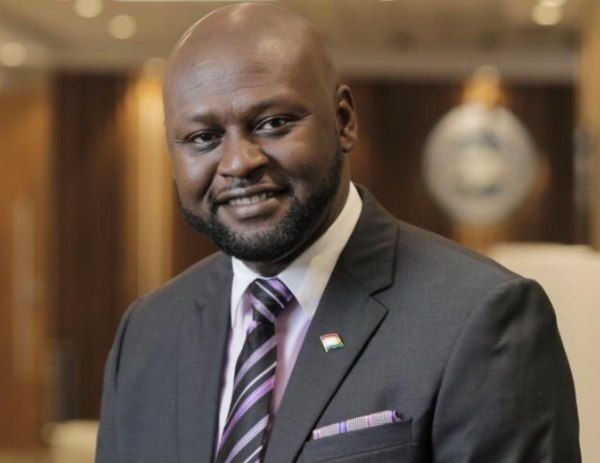The Ghana Investment Fund for Electronic Communications (GIFEC), under the auspices of the Ministry of Communications and Digitalization has since 2020 built about 768 cell sites with about 5,000km radios each across the country.
The move forms part of government’s efforts to extend basic telephone voice and data connectivity to underserved communities. This is in line with the government’s digitalization agenda which is targeted at building a robust digital economy and sustainable development across the length and breadth of the country.
GIFEC projected to complete over 2,000 cell sites by August 2022, but the outbreak of COVID-19 and its containment restrictions have hindered the implementation of the project. The date for completion has therefore been extended to August 2023,” CEO of GIFEC, Prince Safah, has said.
Speaking to the B&FT at Techiman on the sidelines of the climax of Bono Regional series of the National Girls in ICT programme, he disclosed that “COVID-19 coupled with other challenges have slowed its implementation. The destruction of the global supply chain occasioned by the pandemic has negatively impacted the prices of materials like iron and aluminum.”
The project, which was launched in November 2020 at New Edubiase in the Ashanti Region was estimated at €155-million. However, the GIFEC Boss observed that the COVID-19-induced procurement challenges were obviously going to soar the project cost, saying “the production and supply of materials and equipment for the project implementation were severely hampered, causing shortage and price hikes. There was also delay in the release of funds.”
Despite the delay, Mr. Sefah was of the view that the achievement made so far was a milestone, indicating that “not too long ago GIFEC was building about ten (10) cell sites every year. That notwithstanding we are working hard to achieve the target set.”
It is estimated that the completion of the rural telephony and digital inclusion project will help connect some three million Ghanaians to other parts of the country and the world at large. This will help reduce the gap in the digital divide, especially in rural communities.










